HRD Minister Smriti Irani’s sound and fury was countered with guarded response from the Opposition.
An angry and emotional reply to the debate on the events at the Central University of Hyderabad (CUH) and the Jawaharlal Nehru University (JNU) by the Human Resources Development Minister Smriti Irani on Wednesday night forced the Congress to stage a walkout at the very beginning, stunned the few Opposition leaders who were still in the House and overwhelmed the BJP members who listened to her in awe. Home Minister Rajnath Singh was almost left speechless.
Irani spoke clearly, loudly and tried to use the few facts she had with her to trounce opponents. There was no doubt that Jyotiraditya Scindia of the Congress who opened the debate had taken potshots at the HRD minister and Rajnath Singh, which did not really strengthen the case that he was trying to make against the government’s insensitivity in handling the suicide of Rohith Vemula at CUH and its highhandedness in dealing with the meeting organised by the Democratic Students Union (DSU) at JNU. Scindia and many others dealt in generalities and inanities. It seemed that no one had looked at the events as they unfolded. The Congress as a political party was forced to take a guarded position of showing that while it defended the freedom of expression, it did not endorse anti-India slogans.
For her part, Irani started with a sense of injured pride. She felt that she was accused of saffronising the universities. Her defence was that she was doing no such thing, that she was dealing with vice-chancellors of central universities appointed by the Congress, that she attended to the letters written by Members of Parliament of all the parties, and not just those of the BJP. She was nailed for hastily responding to the complaint made by fellow-BJP minister and MP Bandaru Dattatreya about the goings on at the University of Hyderabad. Dattatreya was acting on the complaint made by the Akhil Bharatiya Vidyarthi Parishad (ABVP).
She began by reading out the names of all the MPs who had written to her, and she promised to read the letter that Dattatreya had written. She never did read out Dattatreya’s letter. She did not say whether she responded to Dattatreya’s letter in the same solicitous manner that she had responded to the letters of the MPs from other parties. She did not say whether she sent a note to the Central University of Hyderabad in connection with Dattatreya’s letter.
With regard to JNU, she revealed two interesting facts. One, that the request to hold a poetry reading was made by Umar Khalid and others. She revealed that the security guards of the university had written a report about the poster at the meeting venue with the pictures of Maqbool Butt and Afzal Guru and that a staff council had taken serious note of the meeting and the questionable slogans that were raised there. But she did not say whether she had access to these internal reports before or after the police went on campus and arrested Kanhaiya Kumar. She did not say why Kanhaiya was arrested and slapped with sedition charges when she herself says that the meeting was organised by Umar Khalid. Then she read out, with a sense of outrage and trepidation, what according to her was sacrilegious and blasphemous poster calling for the marking of the martyrdom of Mahishasur. She said with a hand on her heart that she did not know how to read it and she hoped that God would forgive her for reading it. When she read out theories of Mahishasur being a black man and king killed by Durga, an Aryan goddess and temptress, most of the members could be heard saying, “Shiv, Shiv” in a tone of penitence. She wondered how anyone could talk in terms of martyrdom of Mahishasur. She seems to be unaware of the studies and narrations being reconstructed in comparative mythological studies from Babylon to India, where the narrative of a goddess slaying a demon undergoes many variations. Then she looked selectively at some materials for teachers prepared by Teesta Setalvad, the bête noire of the BJP, for teaching history to students of classes IV and VI. She ended her speech with a quote of Atal Bihari Vajpayee eulogising Indian rivers and mountains as the living soul of the nation. She also quoted Roman philosopher and republican Cicero about being patriotic, a noble republican sentiment. But she did not seem to realise that he also believed in the law and the rule of law.
She was so angry and emotional that she forgot to state simple facts of the case. Many liked her speech which they thought of as powerful and impactful. Home Minister Singh was all praise for Irani’s speech. In his own short speech, he adopted a sober, matter-of-fact tone in contrast to the hollow rhetoric of his younger ministerial colleague. He said that his ministry did not have anything to do with the arrest of Kanhaiya and the goings on at the JNU, and that the Delhi police acted on their own. He said that the issue of sedition will be settled by the courts. Singh had also acknowledged that the JNU was a centre of excellence and that it was not his contention that the whole university was imbued with the anti-national sentiment.
In the Rajya Sabha on Thursday, Sitaram Yechury of the Communist Part of India (Marxist) leader and a former JNU students union president iterated that those who studied at the university were honourable people, that they were in the Parliament because they owed their allegiance to the Constitution which was their Gita, Quran and Bible, and that they would never accept thoughts and slogans of dividing India. Then he went off into a generalised accusation that the BJP and the RSS were trying to impose their right-wing ideology on the universities and on the country and that this contradicts the constitutional right to freedom of speech and expression.
Congress’ Ghulam Nabi Azad, who is also the leader of the Opposition in the Upper House, went off on a tangent saying that his party did not need lessons in patriotism from the BJP and that this was so especially in the case of party vice-president Rahul Gandhi whose father, grandmother, great-grandfather and great-great-grandfather were patriots.
Union Finance Minister Arun Jaitley, who is also a lawyer, donned the mantle of a conservative liberal when he intervened in the debate and said that fundamental rights are not absolute and that hate speech was unacceptable. He cited Ambedkar’s speech made at the Constituent Assembly to make his case. Ambedkar in 1949 had taunted the then communists and socialists for their opposition to the Constitution, when he was the chairman of the Drafting Committee. It did not occur to Jaitley that Ambedkar had been a constitutional liberal and he would not have accepted the radical idea of freedom that is implied in a theory of democracy and liberty. It was surprising that Jaitley did not feel the need to note the Supreme Court’s view with regard to sedition that mere speech against the state did not constitute treason unless it was followed by a subversive act.
It appears that more than the Opposition, it is the BJP that has benefited from the debate on JNU because the other political parties are not willing to say that shouting anti-national slogans does not constitute treason or establish a case of sedition.
Smriti Irani is due to reply to the debate in the Rajya Sabha on Friday.
![submenu-img]() Ganesh Chaturthi 2024 shubh muhurat: Check city wise puja timings, visarjan date, and bhog for Ganpati Bappa
Ganesh Chaturthi 2024 shubh muhurat: Check city wise puja timings, visarjan date, and bhog for Ganpati Bappa![submenu-img]() 'Leaders in Delhi never liked me…’ Omar Abdullah alleges poll 'conspiracy'
'Leaders in Delhi never liked me…’ Omar Abdullah alleges poll 'conspiracy'![submenu-img]() Boney Kapoor announces new film, its title has a Mr India connect: 'Probably by December we...'
Boney Kapoor announces new film, its title has a Mr India connect: 'Probably by December we...'![submenu-img]() Meet actress, who worked for 17 hours straight on toxic sets, her mental health was affected, left industry, is now...
Meet actress, who worked for 17 hours straight on toxic sets, her mental health was affected, left industry, is now...![submenu-img]() Over 200 Patients celebrate freedom from diabetes in Madhavbaug's nationwide campaign 'Azadi Diabetes Se'
Over 200 Patients celebrate freedom from diabetes in Madhavbaug's nationwide campaign 'Azadi Diabetes Se'![submenu-img]() Aparajita Bill पर ममता बनर्जी को झटका, राज्यपाल ने कमियां गिना राष्ट्रपति के पास भेजा
Aparajita Bill पर ममता बनर्जी को झटका, राज्यपाल ने कमियां गिना राष्ट्रपति के पास भेजा![submenu-img]() Haryana Assembly Election 2024: हरियाणा में कांग्रेस प्रत्याशियों की पहली लिस्ट जारी, इस सीट से चुनावी मैदान में उतरी विनेश फोगाट
Haryana Assembly Election 2024: हरियाणा में कांग्रेस प्रत्याशियों की पहली लिस्ट जारी, इस सीट से चुनावी मैदान में उतरी विनेश फोगाट![submenu-img]() Hathras Accident: यूपी के हाथरस में बड़ा सड़क हादसा, 15 लोगों की मौत, कई घायल
Hathras Accident: यूपी के हाथरस में बड़ा सड़क हादसा, 15 लोगों की मौत, कई घायल![submenu-img]() Viral Video: Indigo की फ्लाइट में बंद हो गया एसी, गर्मी से परेशान यात्री हो गए बेहोश
Viral Video: Indigo की फ्लाइट में बंद हो गया एसी, गर्मी से परेशान यात्री हो गए बेहोश ![submenu-img]() Weather Alert: महाराष्ट्र-गुजरात में जोरदार बारिश, आंध्र-तेलंगाना में बाढ़, जानें दिल्ली-एनसीआर के लिए क्या है अलर्ट
Weather Alert: महाराष्ट्र-गुजरात में जोरदार बारिश, आंध्र-तेलंगाना में बाढ़, जानें दिल्ली-एनसीआर के लिए क्या है अलर्ट![submenu-img]() DNA Auto Awards 2024: Maruti Suzuki Swift nominated for ‘CAR OF THE YEAR’; check price, features
DNA Auto Awards 2024: Maruti Suzuki Swift nominated for ‘CAR OF THE YEAR’; check price, features![submenu-img]() DNA Auto Awards 2024: Hyundai Alcazar Facelift nominated for ‘CAR OF THE YEAR’; check details
DNA Auto Awards 2024: Hyundai Alcazar Facelift nominated for ‘CAR OF THE YEAR’; check details![submenu-img]() Hyundai Creta Knight Edition launched in India: Check price, features, design
Hyundai Creta Knight Edition launched in India: Check price, features, design![submenu-img]() DNA Auto Awards 2024: Citroen Basalt nominated for ‘CAR OF THE YEAR’; check price, features
DNA Auto Awards 2024: Citroen Basalt nominated for ‘CAR OF THE YEAR’; check price, features![submenu-img]() DNA Auto Awards 2024: Tata Curvv nominated for ‘CAR OF THE YEAR’; check price, features
DNA Auto Awards 2024: Tata Curvv nominated for ‘CAR OF THE YEAR’; check price, features![submenu-img]() UPSC topper IAS Shruti Sharma's marksheet goes viral on social media, check her scores in different subjects
UPSC topper IAS Shruti Sharma's marksheet goes viral on social media, check her scores in different subjects![submenu-img]() Meet man, who lost his mother in childhood, worked as milk seller, cracked NEET exam with AIR...
Meet man, who lost his mother in childhood, worked as milk seller, cracked NEET exam with AIR...![submenu-img]() Meet man who failed 35 exams, cracked UPSC exam twice, first became IPS then quit due to...
Meet man who failed 35 exams, cracked UPSC exam twice, first became IPS then quit due to...![submenu-img]() Meet man, who was forced into child marriage at 11, cracked NEET exam with AIR...
Meet man, who was forced into child marriage at 11, cracked NEET exam with AIR...![submenu-img]() Meet woman who cracked UPSC exam in first attempt without coaching at 22, got AIR 31, she is now posted as…
Meet woman who cracked UPSC exam in first attempt without coaching at 22, got AIR 31, she is now posted as…![submenu-img]() Mumbai: Fire Breaks Out At Times Tower In Mumbai, 9 Fire Units Deployed
Mumbai: Fire Breaks Out At Times Tower In Mumbai, 9 Fire Units Deployed![submenu-img]() 'Dharavi Project Is About Restoring Dignity...', Says Gautam Adani | Dharavi Redevelopment Project
'Dharavi Project Is About Restoring Dignity...', Says Gautam Adani | Dharavi Redevelopment Project![submenu-img]() Kolkata Doctor Case: CBI Visits RG Kar, Seizes Documents On Funds Used During Sandip Ghosh’s Tenure
Kolkata Doctor Case: CBI Visits RG Kar, Seizes Documents On Funds Used During Sandip Ghosh’s Tenure![submenu-img]() Giriraj Singh Attacked: Union Minister Giriraj Singh Assaulted In Begusarai, Bihar; Accused Arrested
Giriraj Singh Attacked: Union Minister Giriraj Singh Assaulted In Begusarai, Bihar; Accused Arrested![submenu-img]() Haryana Assembly Election 2024: Haryana Assembly Election Date Changed, Check Details Here
Haryana Assembly Election 2024: Haryana Assembly Election Date Changed, Check Details Here![submenu-img]() Mukesh Ambani set to challenge Adani, ITC with his Rs 3900 crore plan for...
Mukesh Ambani set to challenge Adani, ITC with his Rs 3900 crore plan for...![submenu-img]() NPCI launches 'UPI circle', check what it is and how it works
NPCI launches 'UPI circle', check what it is and how it works![submenu-img]() Mukesh Ambani's Reliance Jio to give tough competition to BSNL with this plan, it offers 5G data at just Rs...
Mukesh Ambani's Reliance Jio to give tough competition to BSNL with this plan, it offers 5G data at just Rs...![submenu-img]() This company repays Rs 20000 crore debt for... and it has a Ratan Tata connection
This company repays Rs 20000 crore debt for... and it has a Ratan Tata connection![submenu-img]() Meet woman, billionaire's daughter, who studied in London, now leads Rs 1124 crore company as...
Meet woman, billionaire's daughter, who studied in London, now leads Rs 1124 crore company as...![submenu-img]() From Cristiano Ronaldo to Virat Kohli: List of highest-paid athletes in last 12 months
From Cristiano Ronaldo to Virat Kohli: List of highest-paid athletes in last 12 months![submenu-img]() Meet actor who worked as waiter, sold tea, namkeen for 14 years, debuted in Bollywood at 42; now his net worth is...
Meet actor who worked as waiter, sold tea, namkeen for 14 years, debuted in Bollywood at 42; now his net worth is...![submenu-img]() Parents-to-be Deepika Padukone, Ranveer Singh seek blessings at Siddhivinayak with families days before baby's arrival
Parents-to-be Deepika Padukone, Ranveer Singh seek blessings at Siddhivinayak with families days before baby's arrival![submenu-img]() Gout remedies: 7 natural ways to lower uric acid levels in the body
Gout remedies: 7 natural ways to lower uric acid levels in the body ![submenu-img]() Active players with most centuries in international cricket
Active players with most centuries in international cricket ![submenu-img]() 'Leaders in Delhi never liked me…’ Omar Abdullah alleges poll 'conspiracy'
'Leaders in Delhi never liked me…’ Omar Abdullah alleges poll 'conspiracy'![submenu-img]() Over 200 Patients celebrate freedom from diabetes in Madhavbaug's nationwide campaign 'Azadi Diabetes Se'
Over 200 Patients celebrate freedom from diabetes in Madhavbaug's nationwide campaign 'Azadi Diabetes Se'![submenu-img]() 'When we were dragged on roads...': Wrestler Vinesh Phogat slams BJP
'When we were dragged on roads...': Wrestler Vinesh Phogat slams BJP![submenu-img]() India emerges as second-largest global 5G smartphone market, overtakes...
India emerges as second-largest global 5G smartphone market, overtakes...![submenu-img]() Union Home Minister Amit Shah releases BJP manifesto for J&K assembly elections
Union Home Minister Amit Shah releases BJP manifesto for J&K assembly elections
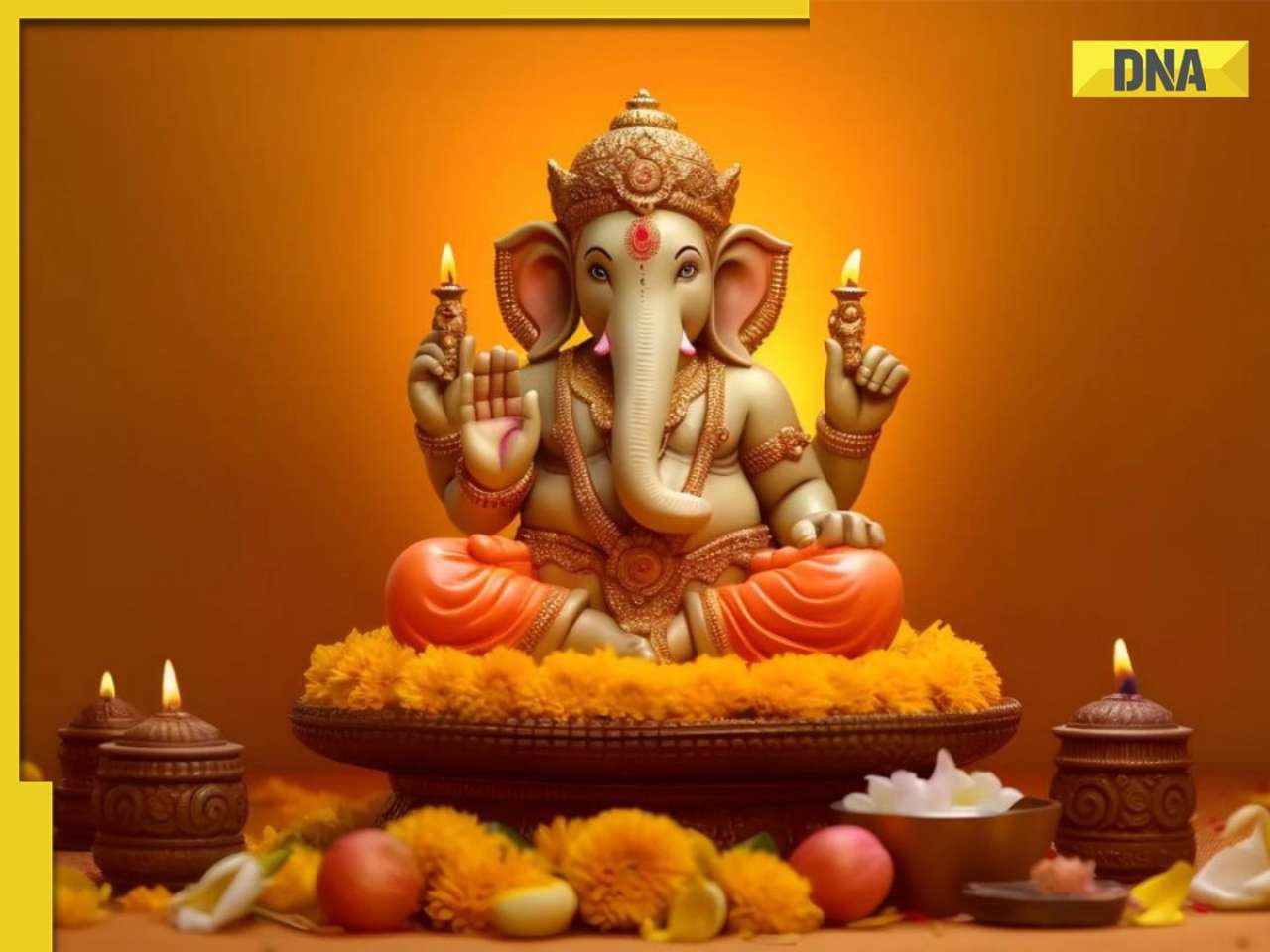
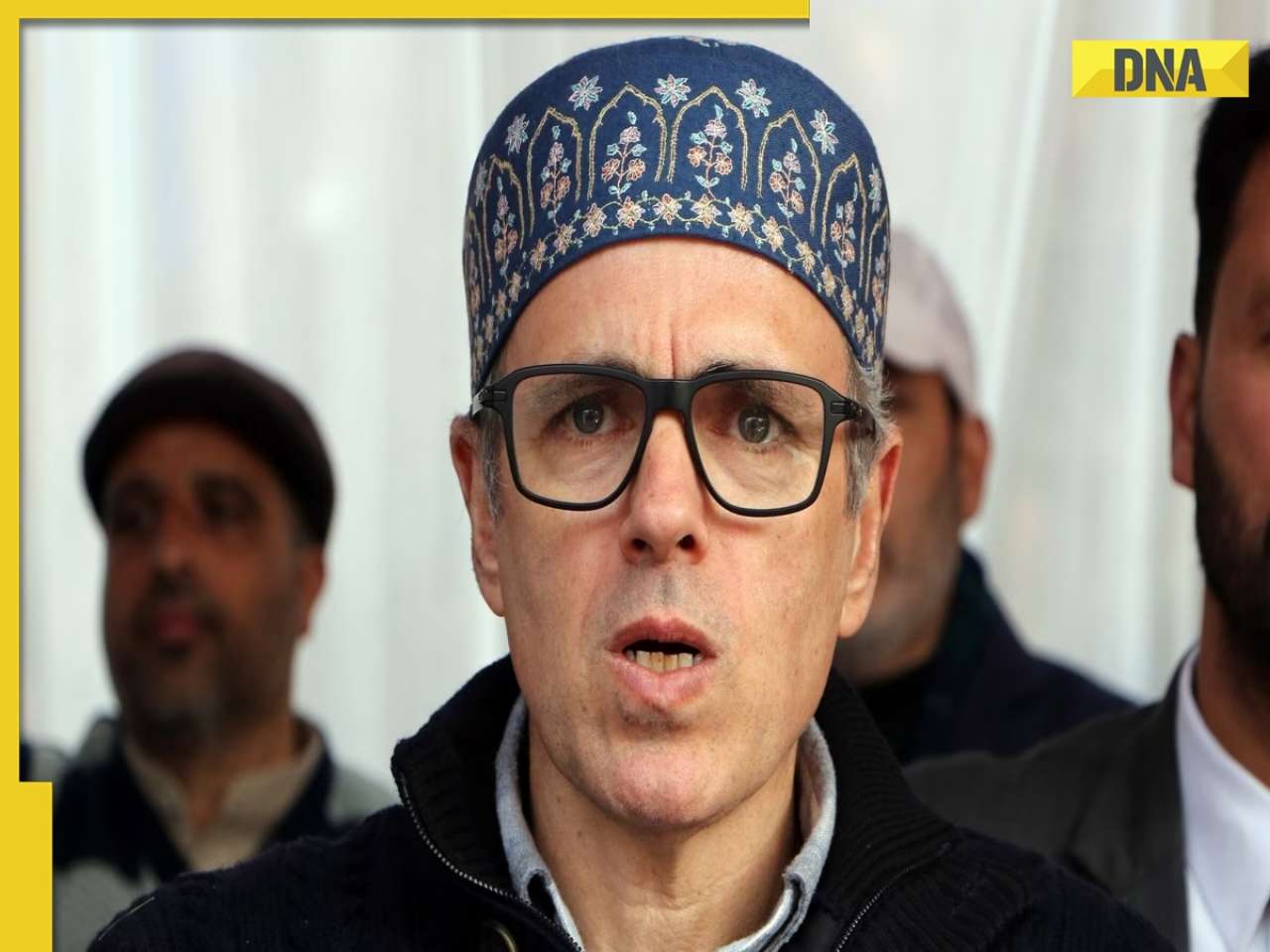








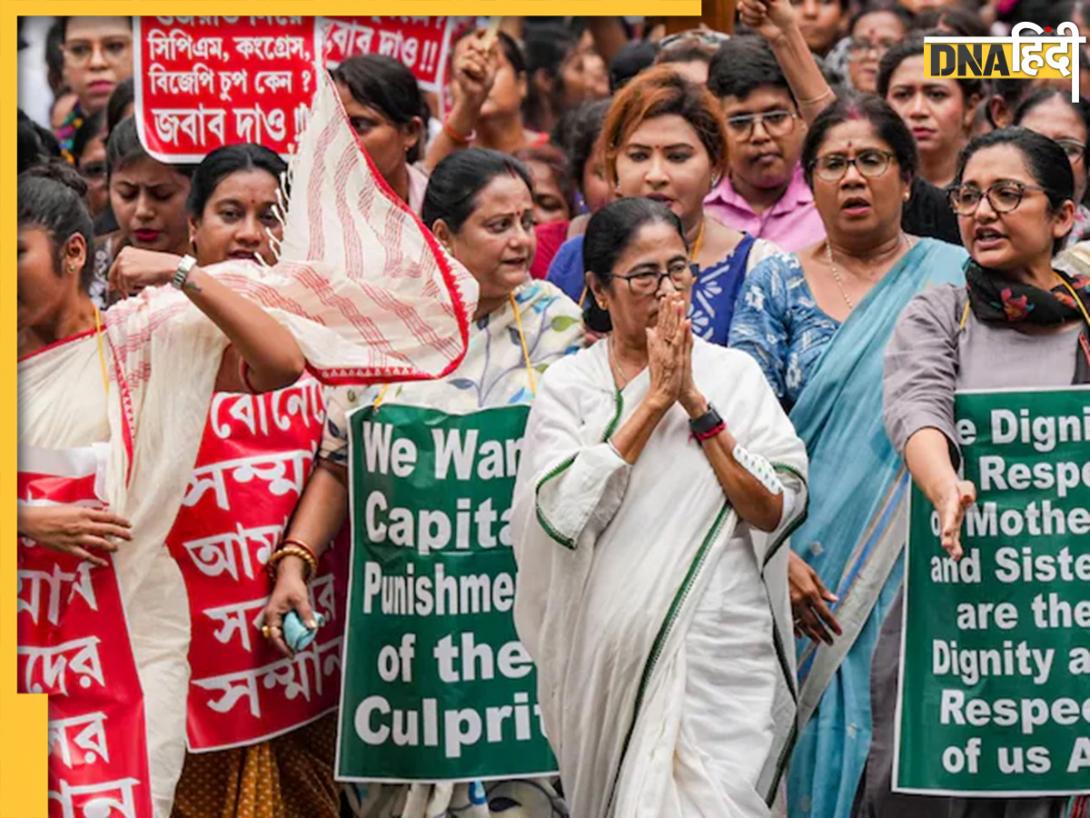
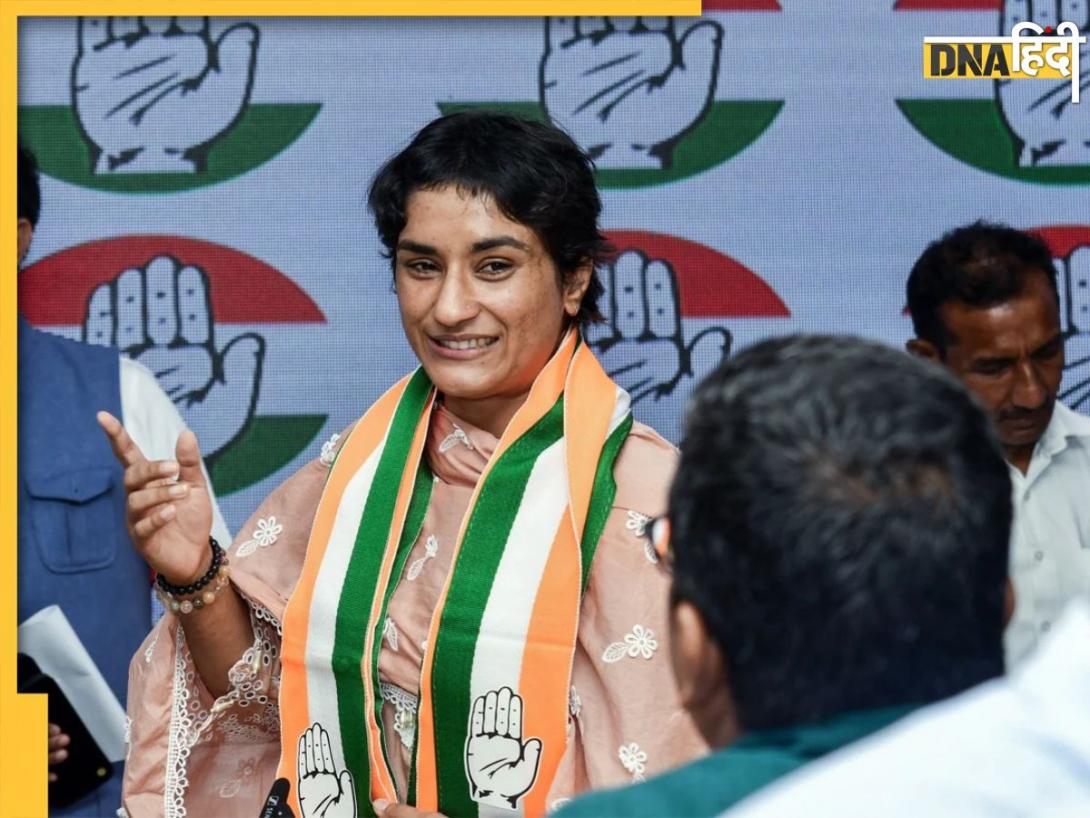
















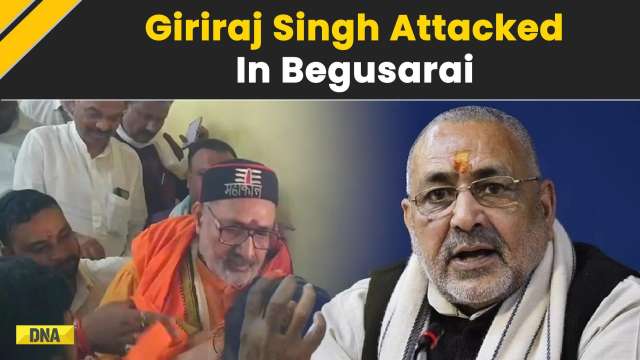

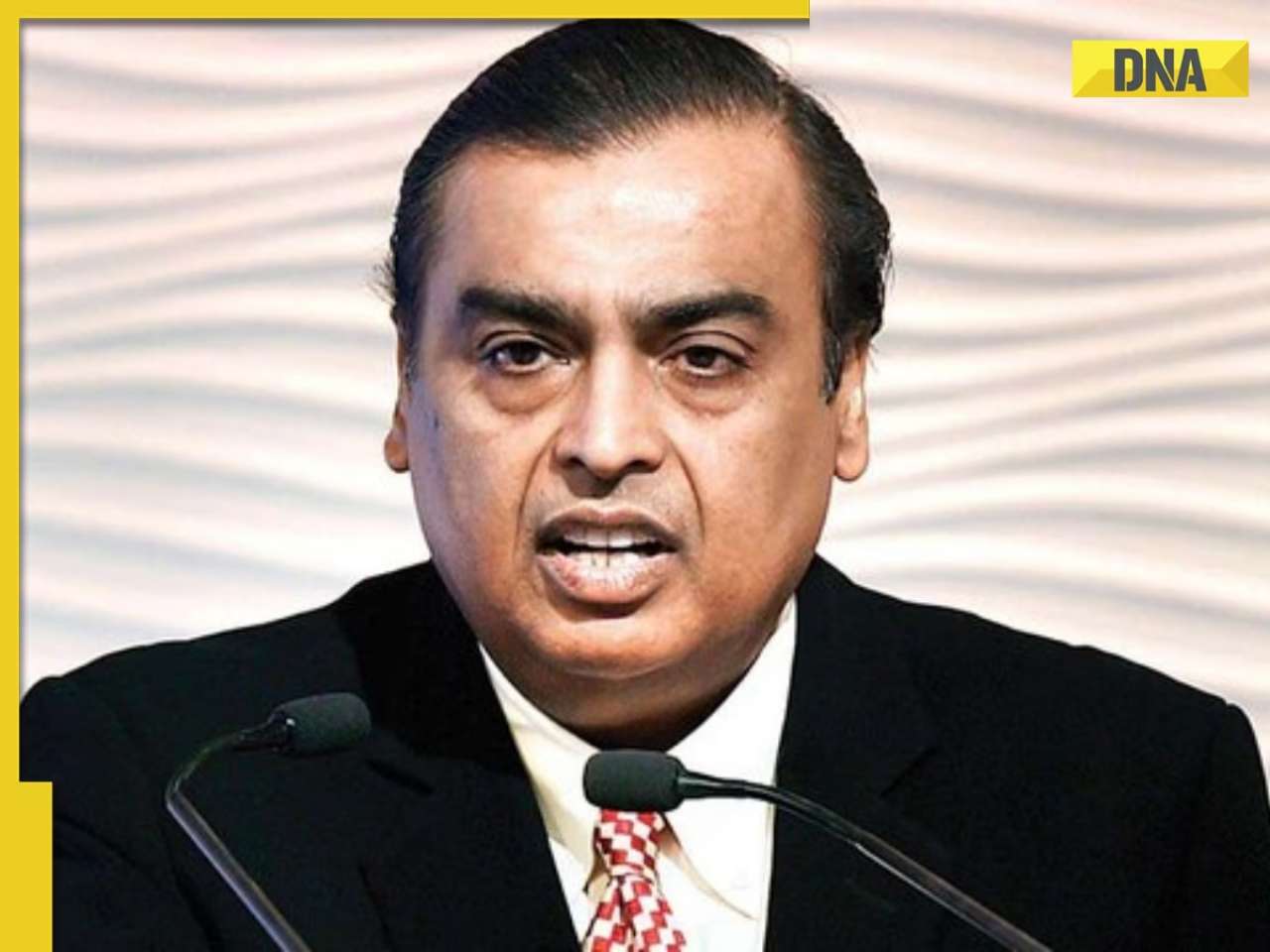


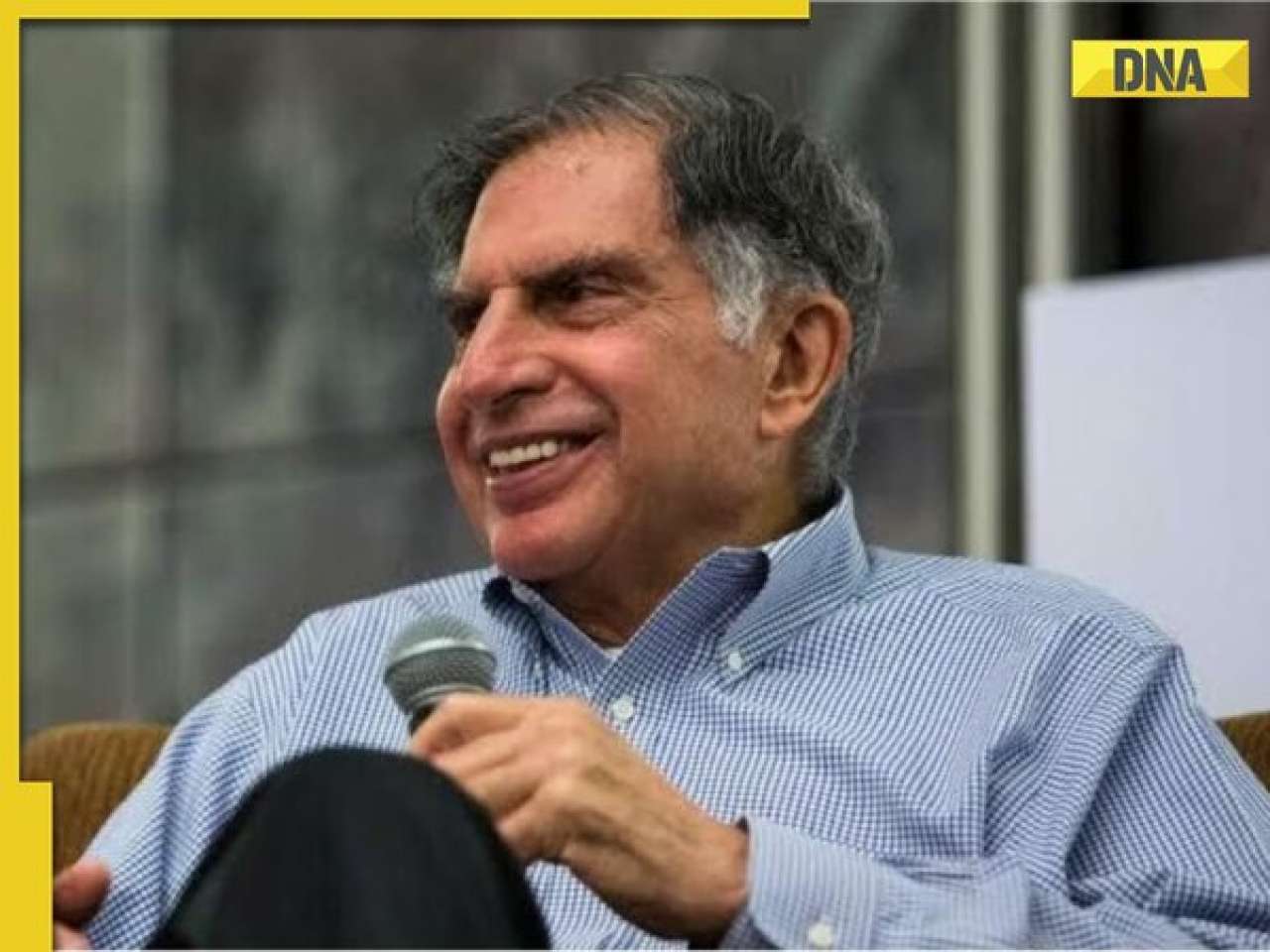






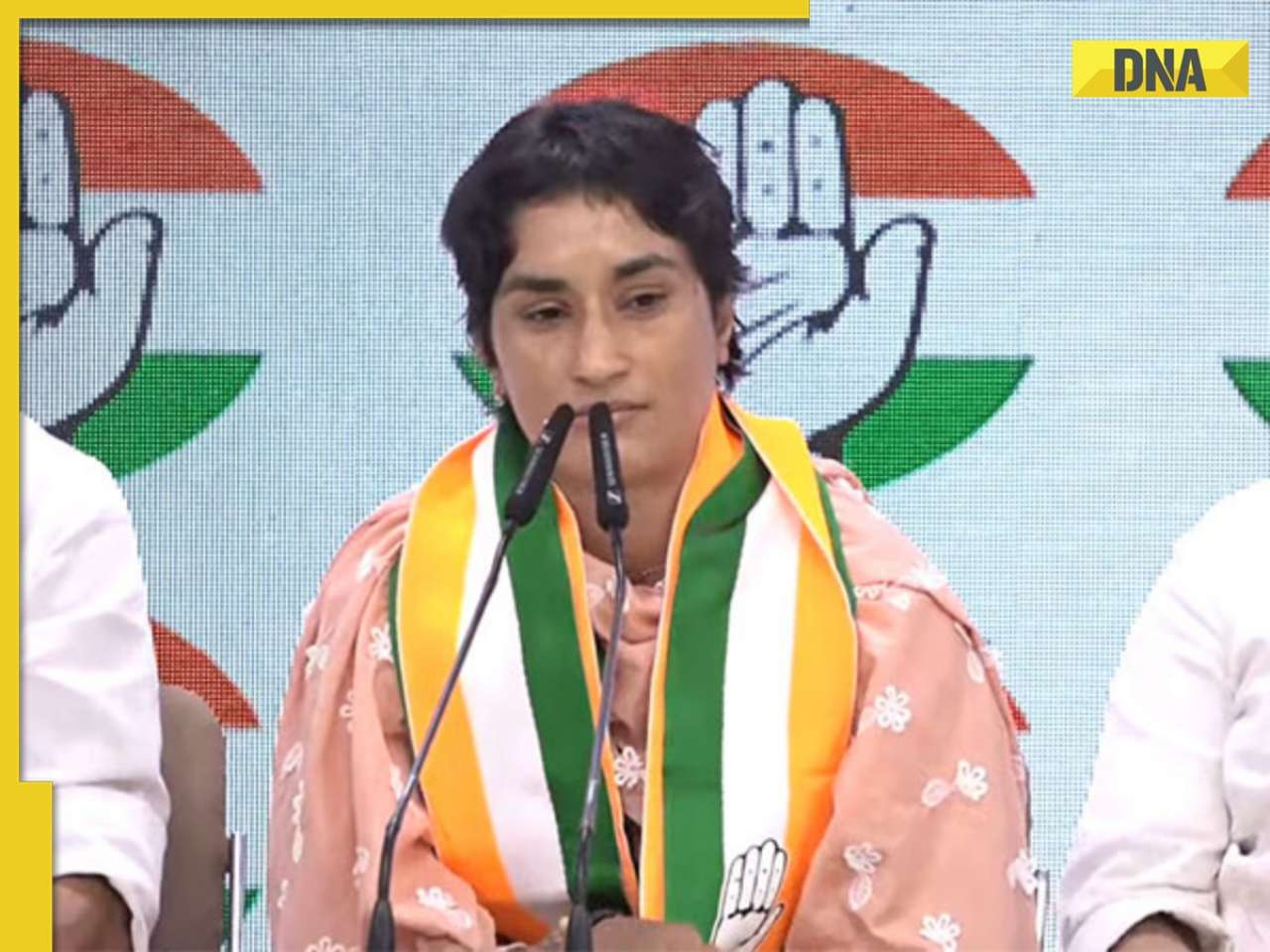

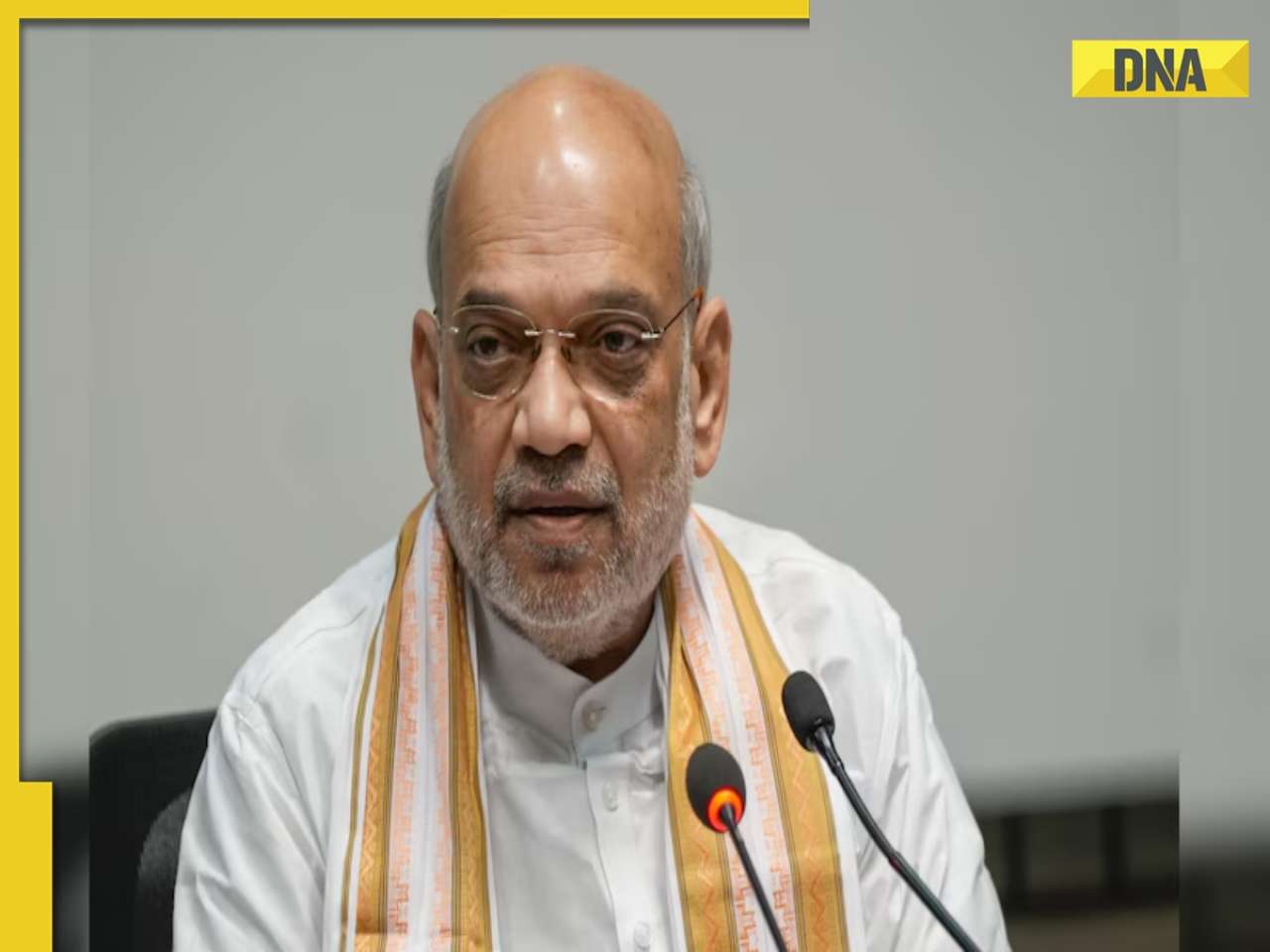

)
)
)
)
)
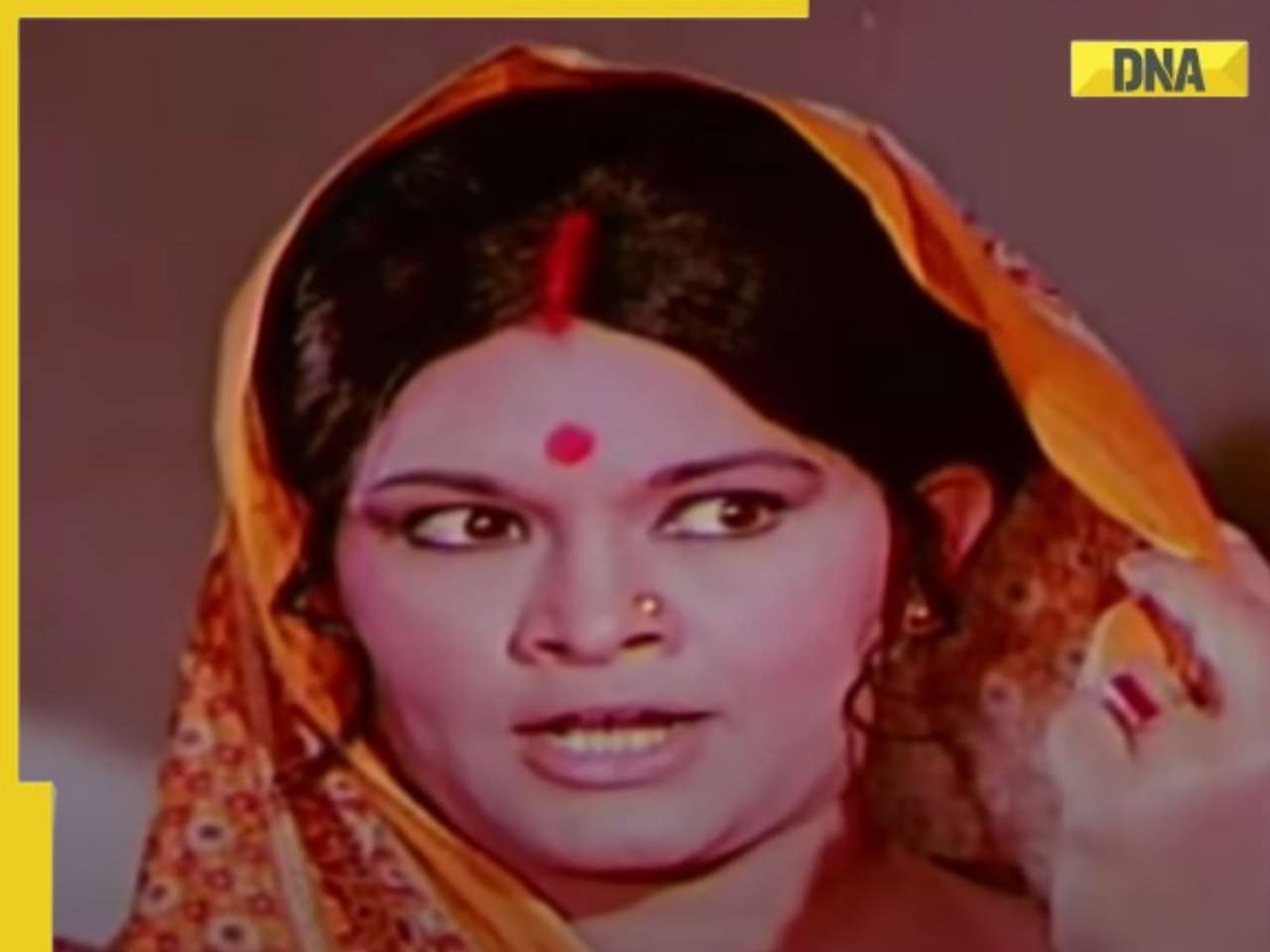)
)
)
)
)
)
)
)
)
)





)
)
)
)
)
)